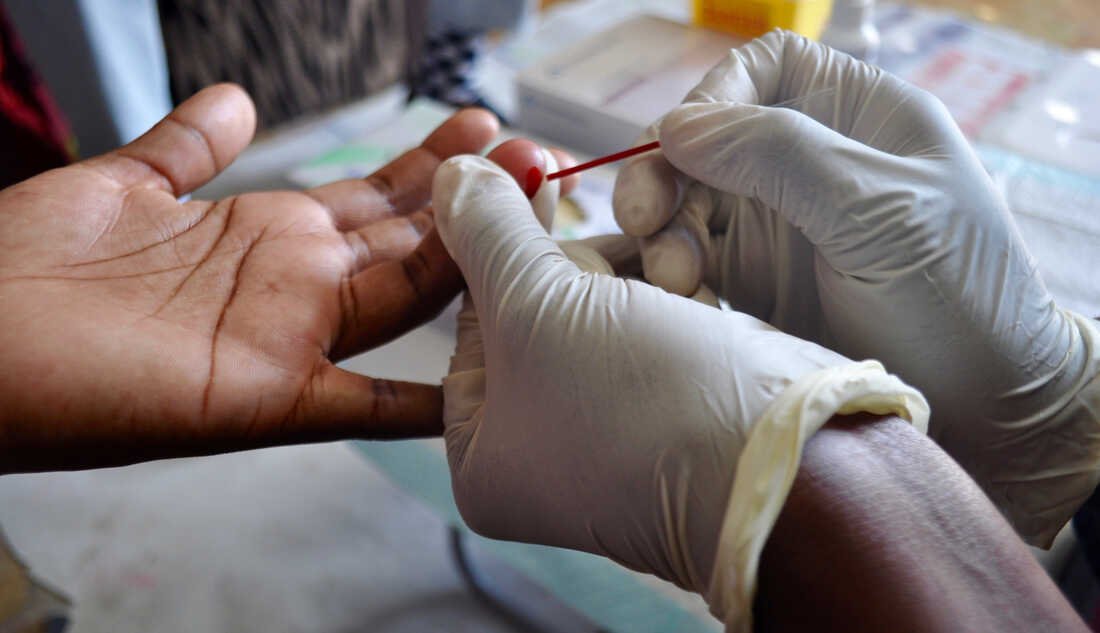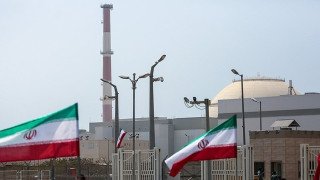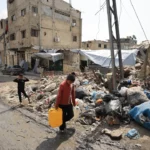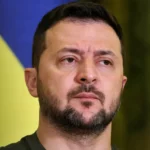For Gugu, a young woman living with HIV/AIDS, the USAID-funded clinic in central Johannesburg was more than just a place to pick up medication.
It was a lifeline. Every month, she would receive her antiretroviral therapy (ART), which helps suppress the virus, protect her immune system, and ensure she could live a full and healthy life.
But earlier this year, that stability was shattered.
When former U.S. President Donald Trump announced sweeping foreign aid cuts, many healthcare facilities across Africa found themselves on the chopping block. Among them were clinics supported by the President’s Emergency Plan for AIDS Relief (PEPFAR), a U.S. initiative launched in 2003 to combat HIV/AIDS globally.
Gugu was fortunate — she received a warning call before her clinic shut down. But thousands of others never got such notice.
“They just closed. Some people found locked doors,” she recalls. “For those who didn’t have transport or know where else to go, it was devastating.”
South Africa has the highest number of people living with HIV in the world — over 7.8 million, as per UNAIDS. A vast majority rely on government programs and donor-funded clinics for treatment.
Programs like PEPFAR and USAID have played pivotal roles in making life-saving ARVs widely accessible, especially in high-density townships and rural areas. Over the years, they’ve helped reduce new infections, improve life expectancy, and lower mother-to-child transmission rates.
Also Read; Over 2,900 Journalists Digitally Accredited Across Nation
However, Trump’s proposed 33% cut to global health programs created waves of uncertainty. Even though U.S. Congress later intervened to protect some of the funding, the damage was already unfolding on the ground.
For HIV patients, consistency in medication is critical. Skipping treatment can lead to drug resistance, increase the risk of opportunistic infections, and allow the virus to bounce back stronger. The fear now is that the progress made in the past two decades may begin to unravel.
Medical professionals in South Africa warn that disruptions not only affect the health of individuals, but also threaten broader public health goals. If patients drop off the grid, it becomes harder to track and contain outbreaks — especially in crowded urban centers like Soweto and Alexandra.
“You miss doses, your viral load increases, you become infectious again — it’s a chain reaction,” said a nurse from a clinic in KwaZulu-Natal, one of the hardest-hit provinces.
Critics argue that U.S. cuts to international health programs come at the worst possible time. Global health crises like COVID-19 have already strained healthcare systems in countries like South Africa. Reducing HIV funding further erodes those systems.
Many are now calling for donor countries to adopt long-term, predictable funding models — and for African governments to reduce dependency by strengthening domestic health infrastructure.
As Gugu settles into a new, more crowded clinic in a different neighborhood, she’s grateful to still receive her medication. But the experience has shaken her sense of security.
“We’re not statistics. We’re people trying to stay alive,” she says quietly.







